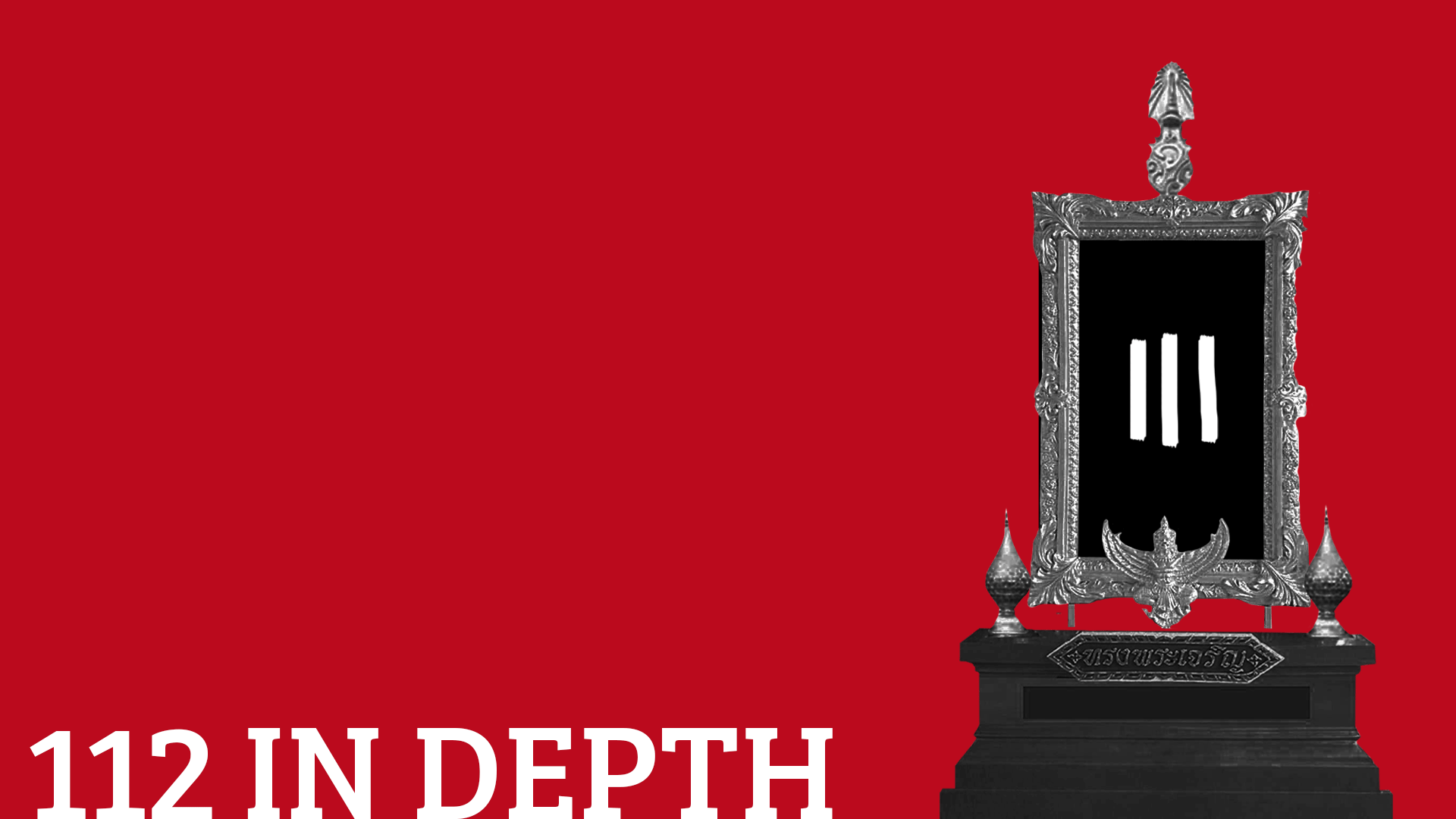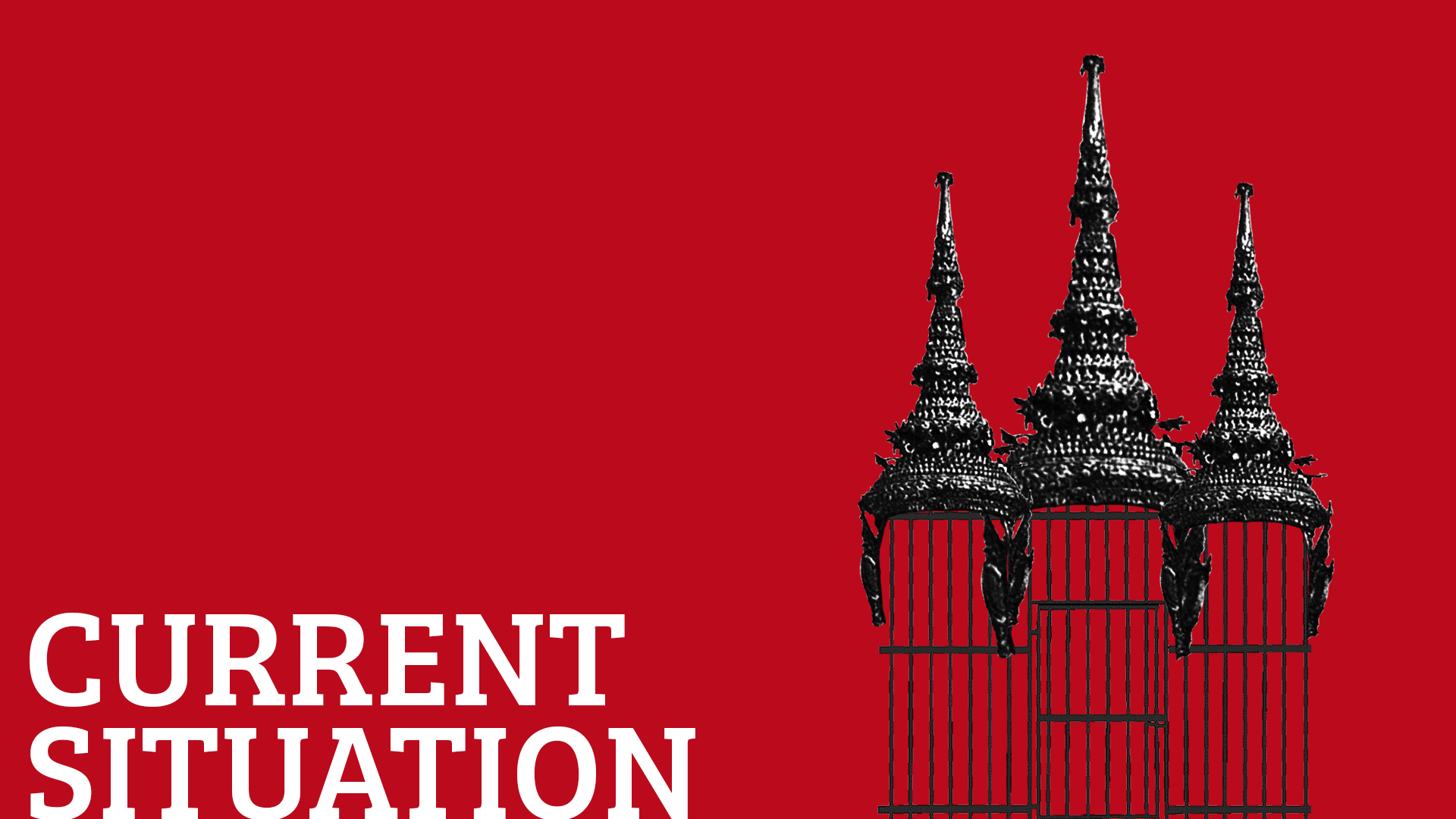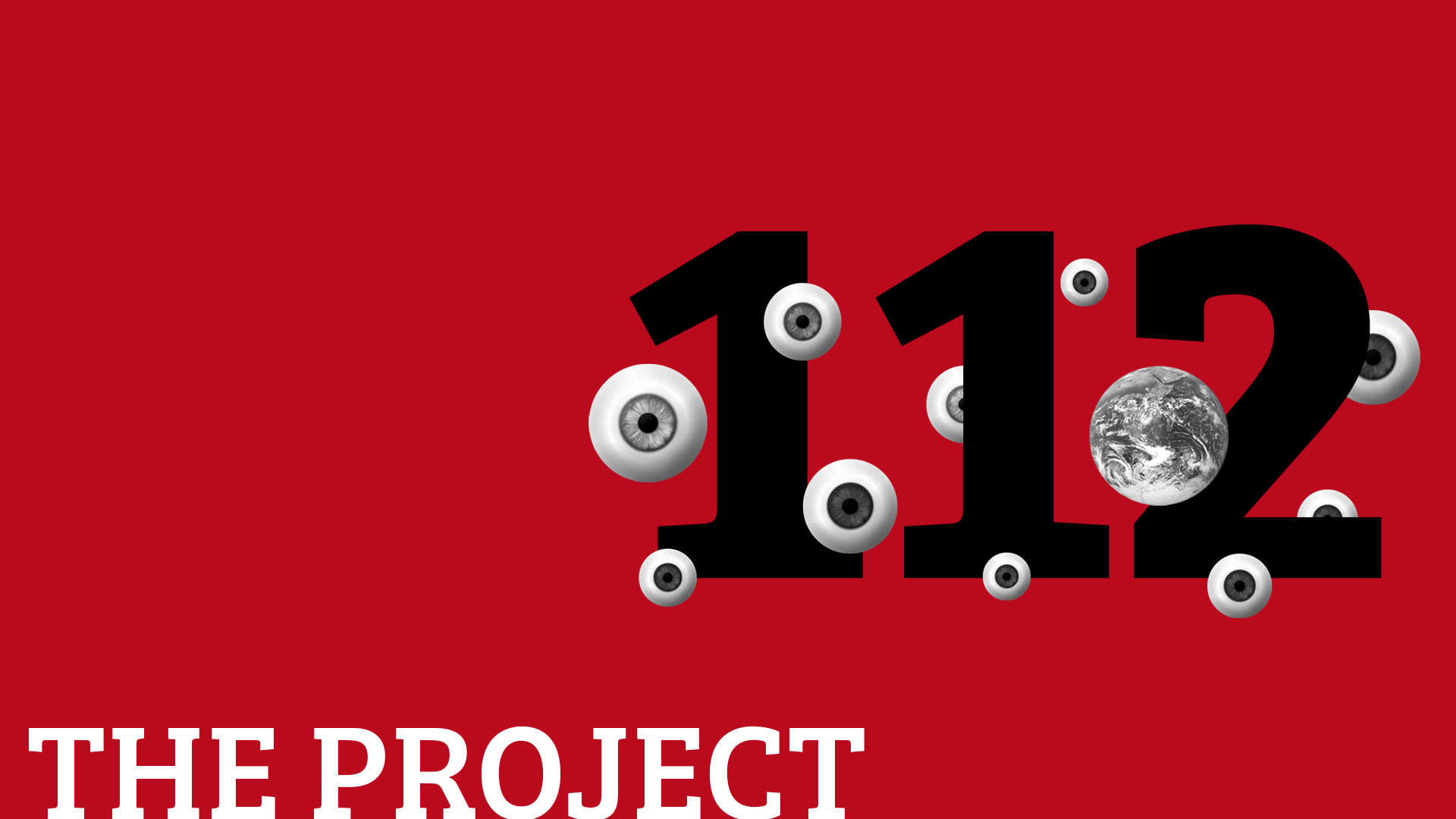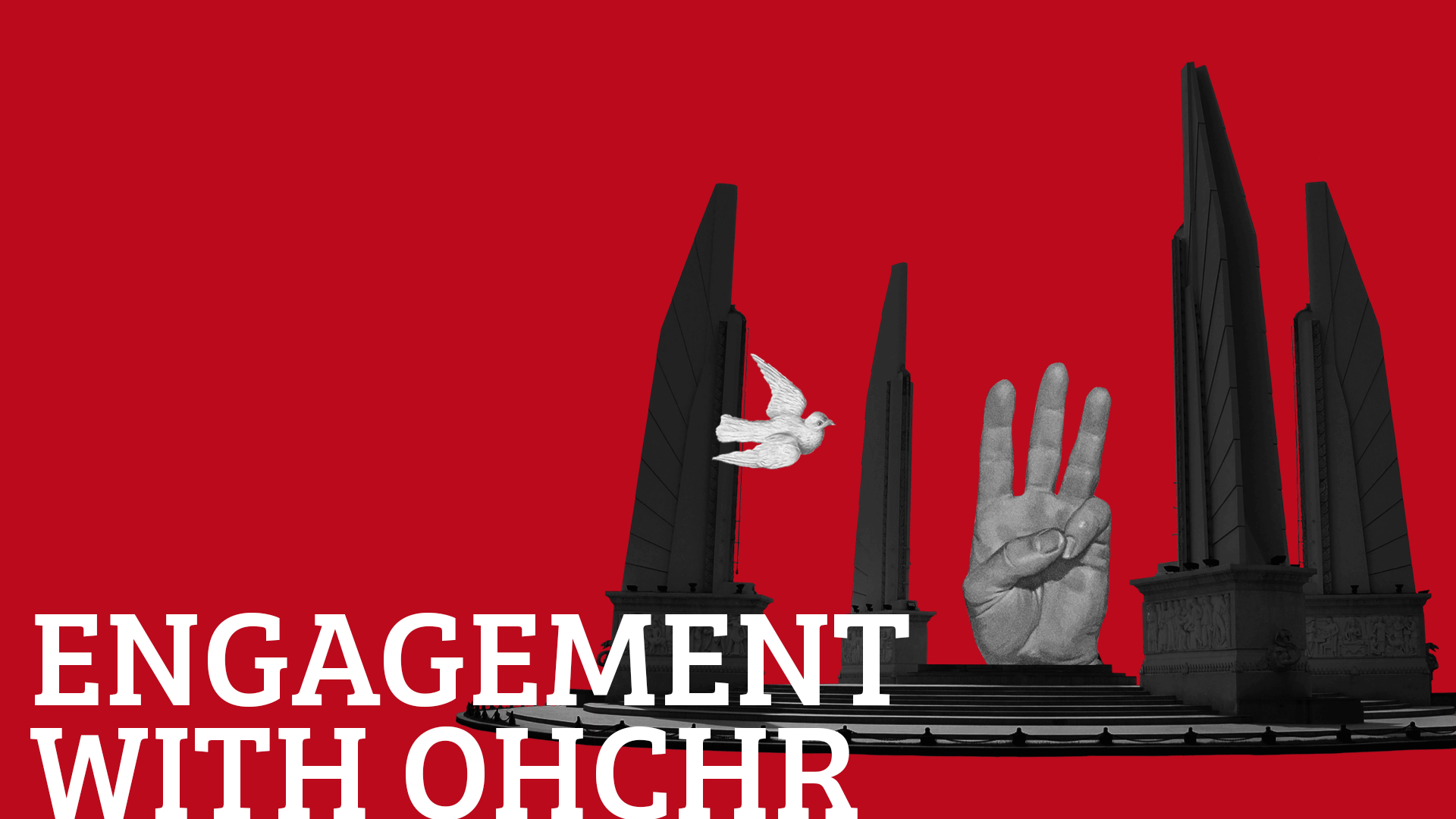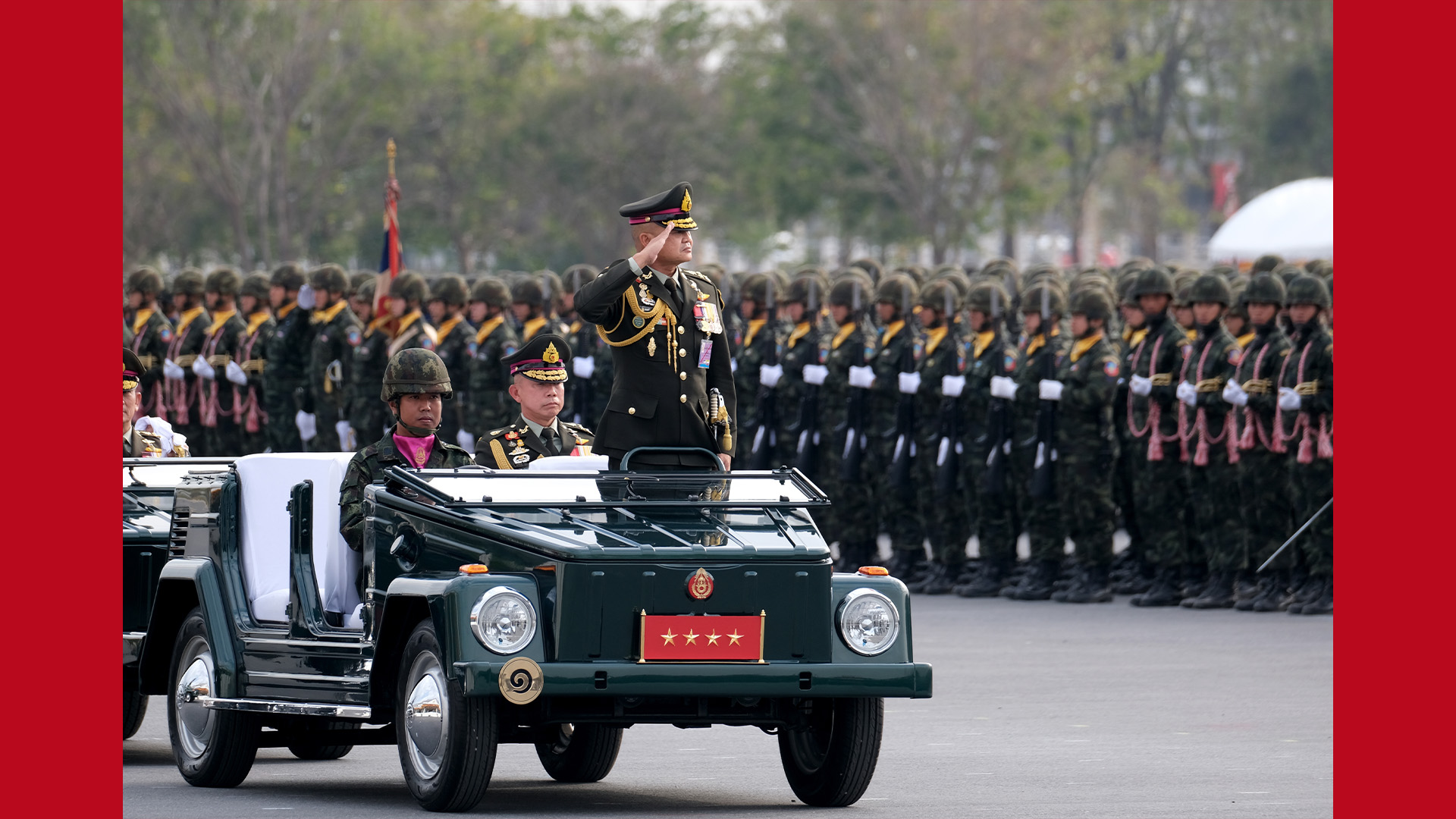
The Generals' Puppets Dance for Democracy's Funeral
Thailand's political landscape has descended into a macabre carnival where elected leaders compete in theatrical displays of servility to unelected masters.
July 7, 2025
Thailand's political landscape has descended into a macabre carnival where elected leaders compete in theatrical displays of servility to unelected masters. The spectacle reached its grotesque zenith with Thailand's Constitutional Court suspended Prime Minister Paetongtarn Shinawatra from duty pending a case seeking her dismissal, transforming the noble art of democratic governance into the final act of an undignified auction of authoritarian loyalty. The central question haunting Bangkok's corridors of power cuts deeper than constitutional theory: What happens when constitutional monarchy and military generals discover they can kill democracy by making it bow so low it breaks its own neck?
The answer, delivered with surgical precision by Thailand's Constitutional Court, reveals a chilling evolution: the monarchy and military have perfected the art of making democracy commit suicide through excessive reverence. Instead of crude coups, they have created a system where elected leaders must genuflect so deeply to unelected authority that they inevitably stumble and fall. The court voted to suspend Paetongtarn over accusations that she was too deferential to a senior Cambodian leader when the two discussed a recent border dispute in a phone call that was leaked. The irony cuts deep: a democratically elected prime minister faces removal not for corruption or incompetence, but for the crime of diplomatic pragmatism that failed to demonstrate sufficient prostration before military sensibilities.
When Bowing Becomes Beheading
Thailand's current predicament reveals the ultimate sophistication of monarchical-military authoritarianism: a system where democracy is forced to perform such elaborate kowtows to unelected power that it inevitably loses its balance and topples over. Here stands a government that emerged from what observers describe as a "Faustian bargain a year earlier, through which [Thaksin's] party joined with his old enemies to form a government." The controversial arrangement was mutually beneficial, allowing conservatives to keep the youthful pro-reform Move Forward party out of office while enabling Thaksin's return "without spending as much as 24 hours in prison."
But the bargain came with a hidden clause: democratic leaders must now navigate an impossible choreography of deference to monarchy, military, and mob—a political ballet where any misstep triggers constitutional execution. As Professor Pavin Chachavalpongpun of Kyoto University observes, "the elite have become more and more confident that they might not have to rely on Thaksin anymore." The Shinawatra administration finds itself trapped in what might be termed "performative democracy"—where governance becomes a perpetual audition for the approval of unelected judges.
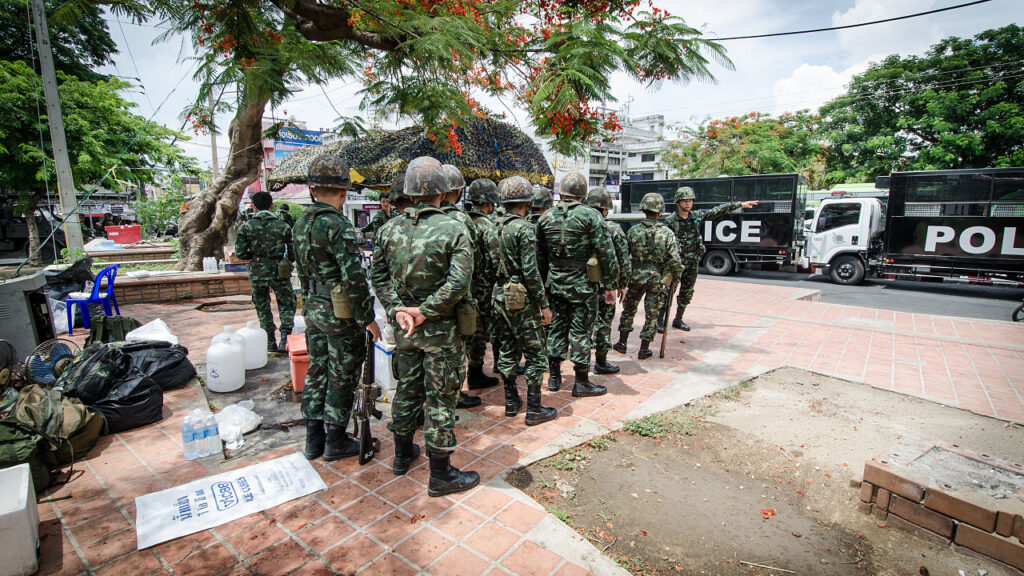
The Monarchy-Military Mousetrap
Thailand's Constitutional Court suspended Prime Minister Paetongtarn Shinawatra from office until it rules on a petition seeking her permanent removal over alleged ethical misconduct, deepening a crisis that threatens to end her family's over two-decade dominance of the country's politics. But this represents something far more sinister than garden-variety judicial overreach: it's the perfected mechanism by which constitutional monarchy and military power have learned to make democracy strangle itself with its own deference.
The leaked phone call scandal illuminates not just the impossible constitutional position of democratic leaders, but the exquisite torture device constructed by Thailand's unelected establishment. During the call, Paetongtarn, 38, referred to Hun Sen as "uncle" and criticised a Thai army commander—triggering what might be called "hierarchical heresy detection," where any deviation from prescribed genuflection patterns automatically initiates removal sequences. Her private disparagement of military leaders reveals her authentic understanding that soldiers should answer to civilians, yet the system's response demonstrates that such democratic instincts have become capital crimes against the monarchical-military sacred order.
Crown-Uniform Alchemy: Patriotism as Poison
The military's manipulation of the Cambodia border crisis exemplifies the sophisticated statecraft of monarchical-military authoritarianism in action. Paetongtarn has faced growing dissatisfaction over her handling of the latest border dispute with Cambodia, involving an armed confrontation on May 28 in which one Cambodian soldier was killed. By manufacturing nationalist fervour around territorial disputes and then portraying civilian leaders as insufficiently prostrate before military wisdom, the crown-uniform alliance creates what might be termed "patriotic purity tests"—where democratic competence becomes evidence of treasonous independence from sacred authority.
This represents a masterclass in what might be called "constitutional monarchy's exception politics," where the military serves as the monarchy's secular sword, creating emergencies that justify the suspension of democratic norms in defence of sacred hierarchies. The court accepted a petition from 36 senators accusing Paetongtarn of dishonesty and breaching ethical standards, based on a leak of a sensitive telephone call with Cambodia's influential former leader Hun Sen that was intended to de-escalate tensions—revealing how diplomatic pragmatism becomes constitutional heresy when it fails to seek prior benediction from the military altar.

The Dynasty's Death Algorithm
The constitutional court's action represents what may be the final execution of Thailand's most sophisticated political program: the systematic elimination of democratic dynasties through constitutional automation. As Professor Pavin notes, "Paetongtarn will eventually be overthrown in whichever way … they have run out of representatives from the Shinawatra dynasty." Even if other relatives step forward, "Thai people have had enough." If Paetongtarn is dismissed, she will be the third political figure from the Shinawatra family to lose power before completing their term—a trilogy of constitutional assassinations that reveals the system's disturbing efficiency.
The ultranationalist mobilisation currently sweeping Thailand no longer represents mere street theatre but functions as democracy's crowd-sourced execution squad. These groups serve as legitimating mechanisms for what Hannah Arendt identified as the "mobilising function" of pre-fascist movements, but with a crucial difference: they operate as democracy's own immune system, attacking democratic antibodies with democratic rhetoric. By questioning the government's patriotic credentials over the leaked phone call, they create the emotional groundswell necessary for judicial intervention to appear as democratic self-defense rather than constitutional violation.
The Thaksin Tango: When Lese Majeste Becomes Democracy's Last Dance
The timing of the crisis extends beyond Paetongtarn's suspension into the realm of choreographed constitutional theater. Former prime minister Thaksin Shinawatra appeared at the Criminal Court on Tuesday to hear testimony by prosecution witnesses in a lese-majeste case that arose from an interview he gave in South Korea in 2015. The convergence of father and daughter facing judicial proceedings simultaneously signals the establishment's comprehensive strategy to eliminate the Shinawatra political legacy through what might be called "dynastic defenestration"—where constitutional monarchy uses its sacred untouchability as a weapon against democratic accountability.
Meanwhile, the dynasty's "old-friend-turned foe, Hun Sen, may also continue to cause trouble from across the border." His threats to "expose" comments made by Thaksin, potentially including insults to Thailand's monarchy, represent the ultimate sword of Damocles in a system where questioning royal wisdom becomes the unpardonable sin. The monarchy's elevation above criticism creates a constitutional booby trap where any democratic leader who dares suggest that perhaps, just perhaps, unelected authority should answer to elected representation automatically triggers their own political suicide.
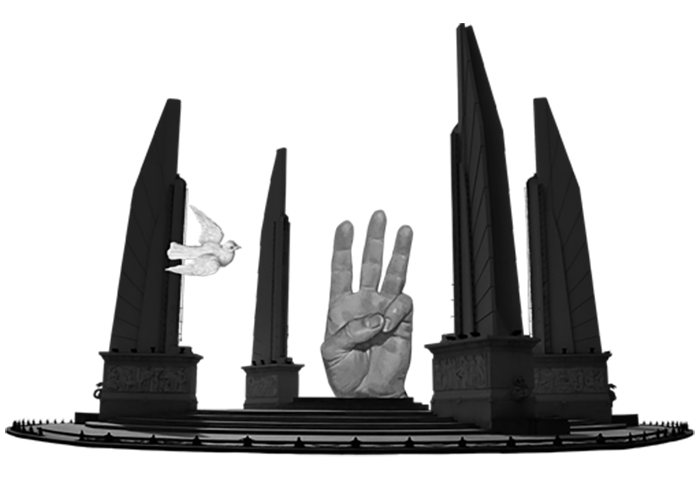
Democracy's Final Hand
With Thailand's Constitutional Court suspended Prime Minister Paetongtarn Shinawatra on Tuesday as it considers a petition filed by 36 senators seeking her dismissal, the theoretical option of dissolving parliament and calling immediate elections becomes increasingly academic. As political scientist Wanwichit Boonprong observes, the Pheu Thai-led government will seek to do "everything to prevent the dissolution of parliament because the government party is not ready to run in the election."
The suspension creates what might be called "judicial authoritarianism"—where democratic forms persist but democratic substance evaporates through constitutional manipulation. The choice between democratic gambling and authoritarian certainty appears to have been made by the Constitutional Court rather than by democratic leaders themselves.
The Caretaker Interregnum
Deputy prime minister, Suriya Juangroongruangkit, has taken over as caretaker while the constitutional court considers the case against Paetongtarn. This caretaker arrangement embodies the hollowness of parliamentary democracy when governance becomes subject to judicial whim rather than electoral mandate. The result is democratic theatre rather than democratic governance—a system where civilian leaders govern only at the pleasure of unelected constitutional guardians.
The Sacred Executioner's Perfect Crime
Thailand's Constitutional Court has achieved what the monarchy and military could only dream of: making democracy bow so low that it breaks its own spine. The court's suspension of Paetongtarn represents not merely a legal proceeding but the institutional perfection of what might be called "sanctified strangulation” where constitutional monarchy and military power teach democracy to worship its own destruction.
The genius of this system lies not in its brutality but in its sacred aesthetics. No tanks, no midnight arrests, no international condemnation, just the quiet efficiency of constitutional clauses deployed in service of hierarchical holiness. The Shinawatra dynasty's demise signals not just the end of a political family, but the triumph of a system where the crown and uniform have learned to make democracy genuflect until it suffocates.
Thailand emerges from this crisis as the laboratory for authoritarianism's most refined form—where constitutional monarchy provides the sacred justification, the military provides the patriotic enforcement, and elected leaders provide the willing sacrifice. The generals no longer need to seize power; they've taught the monarchy to make democracy offer itself up as tribute.
The perfect crime is one where the victim genuflects so deeply to its executioner that it mistakes strangulation for sanctification, and democracy dies thinking it's achieving enlightenment.
Prem Singh Gill
Prem Singh Gill is a Fellow at the Royal Asiatic Society (England) and a Visiting Scholar in Thai Public Universities.
Banner: 2023: Royal Thai Army commander Gen. Narongpan Jitkaewthae receive salutation from his troop during the oathtaking ceremony. Photo: Analayo Korsakul / Shutterstock.com
